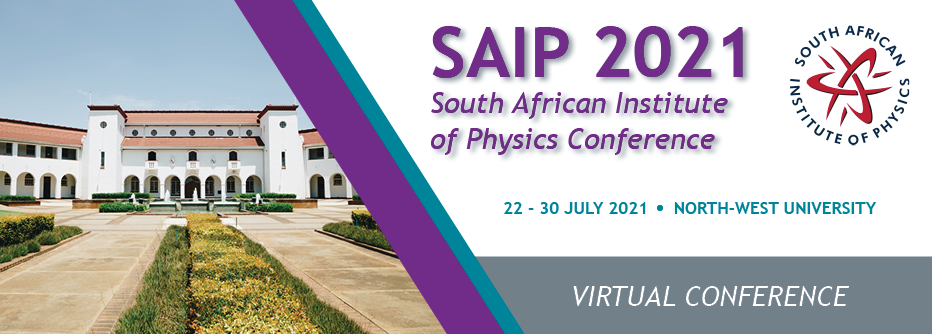Speaker
Description
Heavy transition metals are frequently used as electrodes and substrates in scanning tunneling microscopy experiments. In the constricted low dimensional systems that occur in such experiments, typically under conditions of non-zero bias voltage, spin-imbalance may develop even in non-magnetic atomic- and nano-systems. This phenomenon arises as a result of spin selective effects mediated by spin-orbit coupling. It is important to not only understand the emergence of the spin imbalance, but also to model associated properties such as spin-polarized electron transport in these systems. Conventional theoretical approaches cannot model these effects because they usually neglect spin-orbit coupling. Therefore, to model spin-imbalance in the electronic transport of constricted nano-systems, such as in atomically sharp transition metal electrode tips or surfaces, as well as in organic molecules bridging the electrode tips, we have implemented spin-orbit coupling as a post-self-consistent correction in atomic orbital basis density functional theory within the non-equilibrium Green’s function formalism. Our method takes advantage of optimized Gaussian orbital basis sets and effective core potentials and one-shot transport calculations with steady convergence and charge transfer properties compared to other similar approaches. We apply this method to a selected number of sample constricted low dimensional systems where spin-imbalance is important by performing density functional transport calculations. This permits us to demonstrate that incorporation of spin-orbit coupling is essential to understanding emergent spin-imbalance in molecular electronics, while in certain instances, the consideration of the applied bias is also important to the manifestation of spin imbalance phenomena in heavy transition metal electrodes and substrates.
Apply to be considered for a student ; award (Yes / No)?
No
Level for award;(Hons, MSc, PhD, N/A)?
N/A

